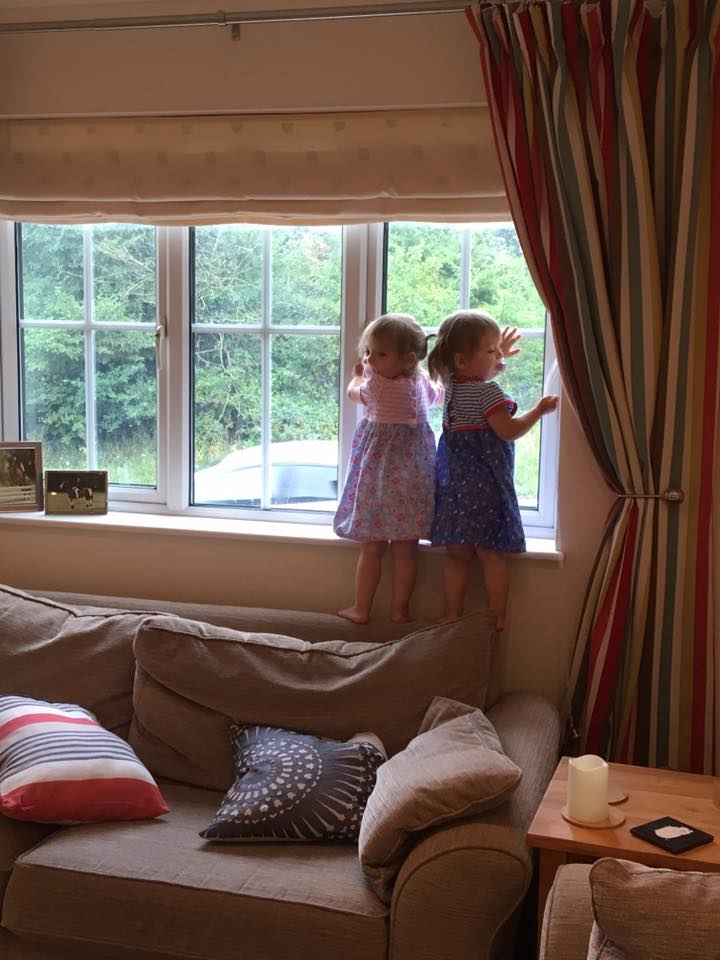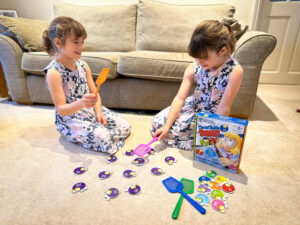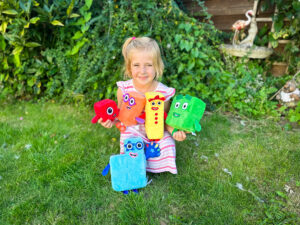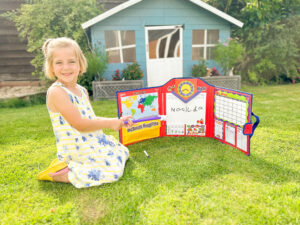Table of Contents
Why are toddlers so challenging?
‘No, don’t climb on the sofa, it’s dangerous.’

‘No, don’t tip your drink all over the floor.’
‘No, put it back, that’s mummy’s.’
‘No,don’t throw your food on the floor, eat it.’
‘Get off your sister, you are hurting her.’

Does this sound familiar? Do you have a toddler too? Hard work huh, so why do they do it?
As toddlers, they are just at the beginning of learning how to develop self-control. Therefore, challenging behaviour is common and expected in the years from birth to three. You will however, have some of the most fun times with your little ones, so embrace this stage with a smile (and a glass or two of wine!).
As your toddler is approaching two, they start to realise that they have a voice; an opinion, and boy do they have one! They will start to communicate more and more and assert their likes and dislikes to you. The words ‘no, no more’ ‘no nappy’ ‘me do it’ will be heard more than you have done so before. ‘They’ want to do it, and they want to do it all by themselves but get incredibly frustrated when they can’t, resulting in shoes being thrown, or banging their heads on the floor, does this all sound too familiar? And although this behaviour isn’t acceptable, it’s your toddler trying to tell you something as their language skills are still developing.
A Toddlers Feelings
As a parent, we need to understand and show loving support to our toddler through this challenging time. We need to guide them to make the right choices which is hard for the parent as a two year old is fairly complex – almost like a teenager!
They are starting to feel emotions that they haven’t experienced before; embarrassment, hurt, pride, guilt.
Here are some examples:
- Your child has a meltdown when you can’t understand what they are trying to say.
- They say no when they mean yes.
- The get angry and may throw a toy.
- There is no substitute for what they want— They want to wear the pink dress which is in the wash, They are inconsolable (even though you have offered the green ones, the polka dot ones, the ones with the cupcake patch on the front, etc.)
- They act out when frustrated—will give up or get angry when they can’t figure out how to fit the puzzle together.
When your child starts to show signs of challenging behaviour, it will often start because your child can’t figure out how to express their feelings or get something that they want because you as the adult, doesn’t understand.
Positive Behaviour Management
Are you stuck at a point where all you can see of your child’s poor behaviour? Well one of the best approaches you can try is called positive behaviour management.
I used this method in the classroom and it really works although I found it hard to remember to turn a negative into a positive at times. As parents (or teachers) it is very easy to approach a situations starting with a negative and you really have to stop and think before you run in and say ‘No’ about how to approach your child’s behaviour.
Every time your child does something ‘good’, praise them enthusiastically. It does not matter how small that ‘something’ is, praise them. They may pick something up, give a toy to their sibling, rock their dolly, anything kind, helpful, nice. If they have siblings, watch their face too during their praise, they will be looking at what they can do to get the same recognition. At the same time, try to ignore the poor behaviour.
We have recently been gifted two ‘Reward Boxes’ to reinforce the good behaviour in our house. The reaction form the girls has been amazing. I wondered at just 2 year old, whether they would understand the concept but the earlier you start these things, the quicker you will get a response. It also gets a little competition going between the girls as they both want to please.
So, for example, you should focus on the behaviour that you want to see, including some that you already see, for example:
- Cleaning teeth twice a day;
- Washing hands after going to the toilet;
- Putting a toy away after playing with it; or
- Saying ‘thank you’ when given something.
Keep the rewards small, a play at the park, an extra story at bedtime, choice of a game. If you start with larger rewards, it can get very expensive and give them the wrong impression.
But It’s Just Not Working…
There are times when positive behaviour management doesn’t work and you need to think of another method. We use the 1, 2, 3 rule;
- 1, 2, 3
When asking your child to either do something, or stop doing something follow this;
- Please stop doing that or you will have to stand by the wall.
If they fail to listen, take step 2.
- Stop doing that now, or you will stand by the wall.
- By 3, you put the action in to play.
When speaking with your child, get down to their level and look at them. Some children find it hard to look at anyone back so just ensure they are listening. You know your child. Stay clam – easier said than done I know, but you will have better results if you do. However, let’s face it, we all lose it from time to time. It doesn’t make us a bad parent, it’s totally natural.
You can put in place anything that works for you, the wall, the step, a chair, their room but be consistent. This is why we went for the wall as there is generally always one around! Also never leave them anywhere longer that their age – in minutes, not years!
So if your child is 2, 2 minutes, 5, 5 minutes etc.
** Please not these are all my own tactics with my own children. I am not a behaviour specialist.










2 thoughts on “Dealing With Twin Toddler Behaviour”
Yep and then you keep doing all this at 3 and 5!! I think it is going to continue for many a year. There has been lots written about at the moment about emotional intelligence not developing until adulthood, especially impulse control. I know it sounds obvious when you say it but when you watch your children’s behaviour with this clear in your mind it is the root of many, well its is the cause of many tantrums in my house!
Love this post, and I totally agree it is very important to reward the children when they do something “good”, although like you say yourself, it so very hard sometimes. However, we need to realise what a significant role being a mum is and how this role influences our children’s future life. This is what keeps me going when I tend lose it 🙂 xx